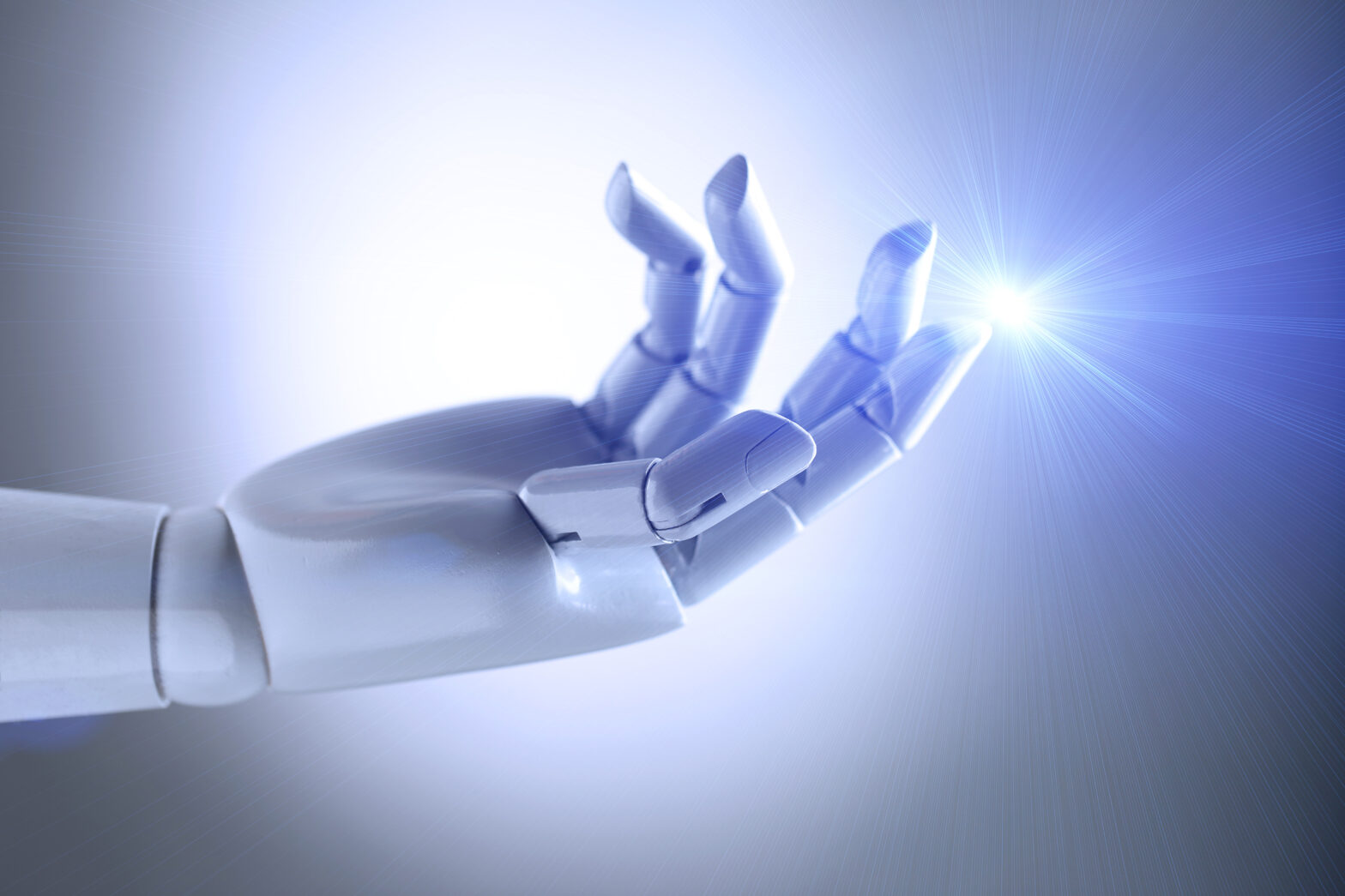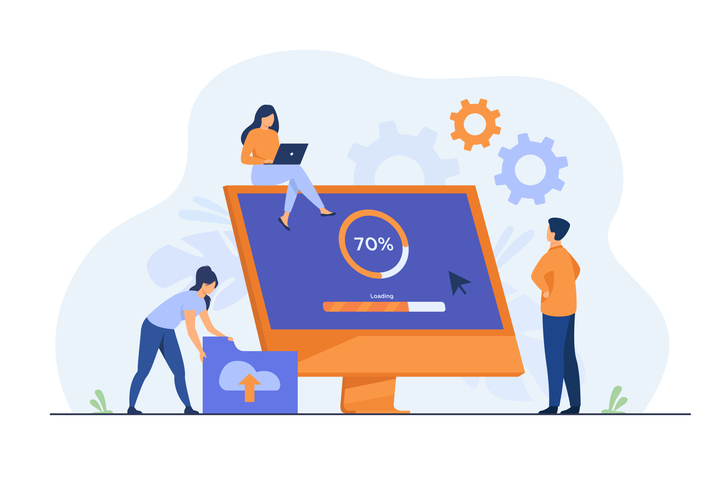Artificial intelligence (AI) is on the tip of everyone’s tongues at the moment. From how AI can help us save money to the rise of sex robots and how they can comfort the elderly and lonely, it’s a trend that continues to spark interest across the board. AI is set to significantly change the way we work, live and play.
A Deloitte report suggests that although technology has potentially contributed to the loss of circa 800,000 lower-skilled jobs, it has also helped to create nearly 3.5 million new higher-skilled ones in their place. Technology is benefiting businesses and contributing to the UK economy. With the rise of more sophisticated technologies, such as AI, there have been suggestions that technology could replace humans in the future. This is unlikely and it’s important for businesses and employees to understand how the combination of technology and a human element is the ‘Holy Grail’ for growth.
The importance of emotional intelligence
The use of AI creates solutions based on data but such technologies are unable to grasp the emotional impact of these decisions or understand how to act on them correctly. The benefits of AI and automation are marked but businesses and particularly processes require some form of human element to ensure the correct response to situations.
The rise of AI signals the importance of emotional intelligence. Technology doesn’t laugh and it doesn’t respond to laughter. It does what it is programmed to do but it is emotionally vacant. Scientists are yet to notice any improvement in AI’s understanding of the meaning of images.
An example that has been used previously is a Snoopy cartoon. If the cartoon is presented to a trained deep network, the robot could recognise the objects such as ‘that’s a dog’, but it could not understand the significance of the object or the humour in the cartoon.
AI is not about replacing humans, but instead taking advantage of algorithms and data to inform human decision-making abilities. It’s important for businesses and employees alike to understand that AI will not replace the need for real people and that the human role is still central to many processes.
To remain relevant in your profession, it’s important to focus on the competences that robots and AI will struggle to replicate. A robot, for example, could identify what’s wrong with your teeth but a dentist can sit with the patient and calm them down if fillings are required and discuss how to prevent further decay.
Artificial intelligence and the hiring process
The hiring process is one area that AI has the potential to disrupt for start-ups. This is not about cutting jobs but speeding up the hiring process removing laborious tasks and increasing business productivity. AI will enable businesses to more efficiently assess candidates and whether their skills and experiences are suitable for the job role. The use of technology can also help to remove any bias in the hiring process and deliver the best candidate matches for your company.
Humans and technology working together
The human element remains to be integral to all businesses. Technologies should be seen as an enhancer, not a replacement to the human mind. Intelligent technologies can advance human activity but people need to understand the possibilities and benefits it can bring to businesses and everyday life first. It’s important to recognise how AI can advance and progress businesses and individuals.
Refrain from jumping into purchasing and using new technology without recognising what will work for you and your business. Work AI into your long-term goals and strategies as a business and prepare for the changes technology can and will bring to your industry. If you’re prepared, you can prosper alongside the advancement of technology.
AI is set to bring a positive boost to people and businesses – watch this space!
Phillip Blaydes is co-founder of Talentful.





